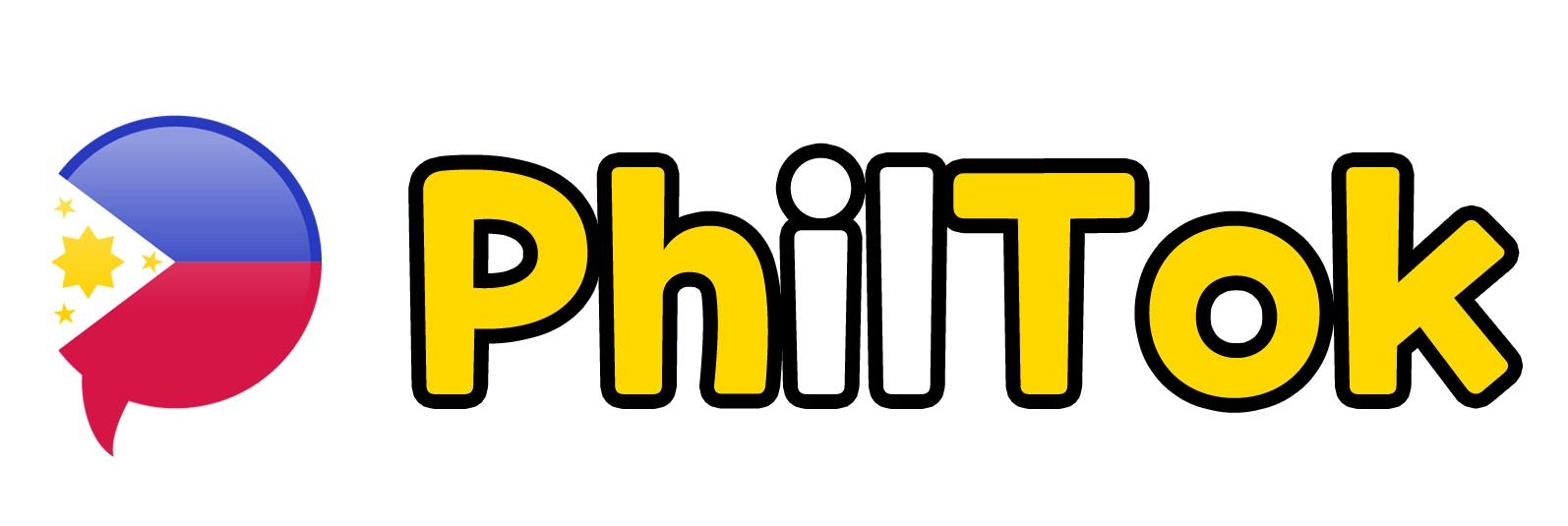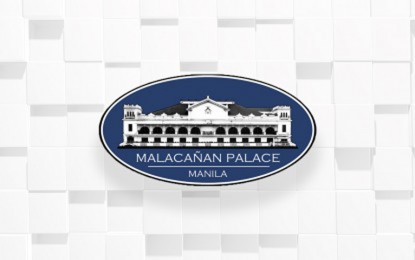[9.29] Marcos는 상품 운송 차량에 대한 수수료 징수를 금지합니다.
컨텐츠 정보
- 20,733 조회
본문
마닐라 – "Ferdinand R. Marcos Jr." 회장 지방자치단체(LGU)가 물품이나 상품을 운송하는 모든 자동차에 대해 통행료와 요금을 징수하는 것을 금지했습니다.
지난 9월 25일 '마르코스'가 발령한 행정명령(EO) 41에 따라 물품 운송을 담당하는 모든 차량은 LGU가 건설하고 자금을 지원하지 않는 국도 및 기타 도로를 통과할 때 더 이상 '통행료'를 지불할 필요가 없습니다. .
"마르코스의 지시는 지역 산업을 활성화하기 위해 지역 전반에 걸쳐 효율적인 상품 이동을 보장하는 것을 목표로 합니다.
EO 41은 "승인되지 않은 통과 수수료 부과는 운송 및 물류 비용에 심각한 영향을 미치며, 이는 종종 소비자에게 전가되며 궁극적으로 소비자가 상품 및 상품 가격 상승에 대한 비용을 지불해야 하는 부담을 지게 됩니다"라고 밝혔습니다.
“필리핀 국민의 복지를 유지하고 최선의 이익을 증진하기 위해 가치 및 공급망 내의 모든 필수 구성요소를 통합하고 중추적인 역할을 하는 식품 물류 비용을 줄이는 것이 행정부의 가장 중요한 정책입니다. 국가의 인플레이션율을 효과적으로 완화하는 데 도움이 됩니다.”
공공 복지를 위해 EO 41은 모든 LGU가 상품을 운송하고 LGU가 건설하고 자금을 지원하는 지역 공공 도로를 통과하는 모든 자동차에 부과되는 수수료 징수를 중단하거나 중단할 것을 "강력히" 촉구합니다.
여기에는 스티커 수수료, 하역 수수료, 배달 수수료, 시장 수수료, 통행료, 입장료 및 시장 허가 수수료가 포함됩니다.
EO 41에 따르면 운송 및 물류 비용 절감은 마르코스 행정부의 8개 사회경제적 어젠다의 핵심 중 하나입니다.
“인플레이션의 영향을 효과적으로 해결하고 모든 지역의 경제적 번영을 촉진하려면 중앙 정부와 LGU 간의 강력하고 협력적인 파트너십을 구축하는 것이 필수적입니다.”라고 말했습니다.
EO 41은 내무부 및 지방 정부(DILG)에 공화국법(RA) 153조 및 155조에 따라 발행된 것을 포함하여 자동차에 부과되는 통행료 징수에 대한 모든 LGU의 기존 조례 사본을 확보하도록 지시합니다. 7160 또는 1991년 지방 정부법에 따라 명령 발효일로부터 30일 이내.
무역산업부(DTI), 교통부(DOTr), 공공사업 및 고속도로부(DPWH), 관료적 테이프 방지청(ARTA), 재무부(DOF)가 조례를 평가하는 임무를 맡고 있습니다. RA 7160 준수를 보장하기 위해 DILG에 의해 보호됩니다.
EO 41에 따른 지침을 준수하지 않은 공무원 또는 직원에게는 행정 및 징계 제재가 부과됩니다.
“이 목적을 위해 그리고 지방 정부 감독 시 대통령을 지원하는 임무에 따라 DILG는 LGU가 제133(e)항에 따라 지정된 권한 범위 내에서 행동할 수 있도록 적절한 조치를 취해야 합니다. RA No. 7160의 153 및 155”라고 EO 41이 말했습니다.
RA 7160의 섹션 153은 LGU가 제공된 서비스에 대해 합당한 수수료와 요금을 부과하고 징수할 수 있도록 허용하는 반면, 법의 섹션 155는 지역 상구니안(의회)이 이용 약관을 규정하고 통행료 또는 요금 부과 요율을 정할 수 있는 권한을 부여합니다. 해당 LGU가 자금을 지원하고 건설한 공공 도로, 부두 또는 부두, 수로, 교량, 페리 또는 통신 시스템의 사용을 위해.
반면, RA 7160의 133(e)항은 지방정부의 과세 권한이 해당 지역으로 반입되거나 반출되거나 통과하는 상품에 대한 세금, 수수료, 요금 및 기타 부과 부과까지 확장되지 않는다고 규정합니다. 부두 비용, 교량 통행료 또는 기타 세금, 수수료 또는 해당 상품이나 상품에 부과되는 모든 형태의 요금을 가장하여 LGU의 영토 관할권.
DTI와 DILG는 LGU의 EO 41 준수 여부에 대해 사무총장실을 통해 대통령실에 공동으로 보고서를 제출하도록 지시받습니다.
EO 발효일로부터 30일 이내에 DTI, DILG, DOTr, DPWH, ARTA 및 DOF는 필요할 수 있는 지침을 작성 및 발행하거나 기존 규칙, 규정 또는 발행물을 수정 또는 통합하는 임무를 맡습니다. 명령의 효과적인 이행에 적합합니다.
금요일에 공개된 EO 41은 관보나 일반 신문에 게재되는 즉시 발효됩니다. (PNA)
This is the Original Article from PNA NEWS
[9.29] Marcos prohibits collection of fees on vehicles transporting goods
MANILA – President "Ferdinand R. Marcos Jr." has prohibited local government units (LGUs) from collecting toll fees and charges on all motor vehicles transporting goods or merchandise.
Under Executive Order (EO) 41 inked by "Marcos" on Sept. 25, all vehicles in charge of transporting goods no longer need to pay “pass-through fees” while passing through any national roads and other roads not constructed and funded by LGUs.
"Marcos’ directive aims to ensure the efficient movement of goods across the regions to revitalize local industries.
“The unauthorized imposition of pass-through fees has a significant impact on transportation and logistics costs, which are often passed on to consumers, who ultimately bear the burden of paying for the increase in prices of goods and commodities,” EO 41 read.
“In order to uphold the welfare and advance the best interest of the Filipino people, it is the overarching policy of the Administration to consolidate all essential components within the value and supply chain, and reduce the costs of food logistics, which play a pivotal role in effectively tempering the inflation rate in the country.”
In the interest of public welfare, EO 41 “strongly” urges all LGUs to suspend or discontinue the collection of fees that are imposed on all motor vehicles transporting goods and passing through any local public roads constructed and funded by these LGUs.
These include sticker fees, discharging fees, delivery fees, market fees, toll fees, entry fees, and Mayor's Permit fees.
According to EO 41, reducing transport and logistics costs is one of the pillars of the Marcos administration’s eight-point socioeconomic agenda.
“Building a robust and collaborative partnership between the National Government and LGUs is essential in effectively addressing the impacts of inflation and promoting economic prosperity across all regions,” it said.
EO 41 directs the Department of the Interior and Local Government (DILG) to secure copies of existing ordinances of all LGUs on the collection of pass-through fees imposed on motor vehicles, including those issued under Sections 153 and 155 of Republic Act (RA) 7160 or the Local Government Code of 1991, within 30 days from the effectivity of the order.
The Department of Trade and Industry (DTI), Department of Transportation (DOTr), Department of Public Works and Highways (DPWH), Anti-Red Tape Authority (ARTA), and the Department of Finance (DOF) are tasked to evaluate the ordinances secured by the DILG to ensure compliance with RA 7160.
Administrative and disciplinary sanctions will be imposed on erring public officials or employees for failure to comply with the directives under EO 41.
“For this purpose, and consistent with its mandate of assisting the President in the supervision of local governments, the DILG shall take appropriate actions to ensure that the LGUs shall act within the scope of their prescribed authorities under Sections No. 133(e), 153, and 155 of RA No. 7160,” EO 41 said.
Section 153 of RA 7160 allows LGUs to impose and collect reasonable fees and charges for services rendered, while Section 155 of the law authorizes a local sanggunian (council) to prescribe the terms and conditions and fix the rates for the imposition of toll fees or charges for the use of any public road, pier or wharf, waterway, bridge, ferry, or telecommunications system funded and constructed by the concerned LGU.
On the other hand, Section 133(e) of RA 7160 provides that the taxing powers of local governments shall not extend to the levy of taxes, fees, and charges and other impositions upon goods carried into or out of, or passing through, the territorial jurisdictions of LGUs in the guise of charges for wharfage, tolls for bridges or otherwise, or other taxes, fees, or charges in any form whatsoever upon such goods or merchandise.
The DTI and DILG are directed to jointly submit reports to the Office of the President, through the Office of the Executive Secretary, on the compliance of LGUs with EO 41.
Within 30 days from the effectivity of the EO, the DTI, DILG, DOTr, DPWH, ARTA, and DOF are also tasked to formulate and issue guidelines as may be necessary, or amend or consolidate existing rules, regulations, or issuances as may be appropriate for the effective implementation of the order.
EO 41, which was made public on Friday, takes effect immediately upon its publication in the Official Gazette or a newspaper of general circulation. (PNA)
관련자료
-
이전
-
다음


